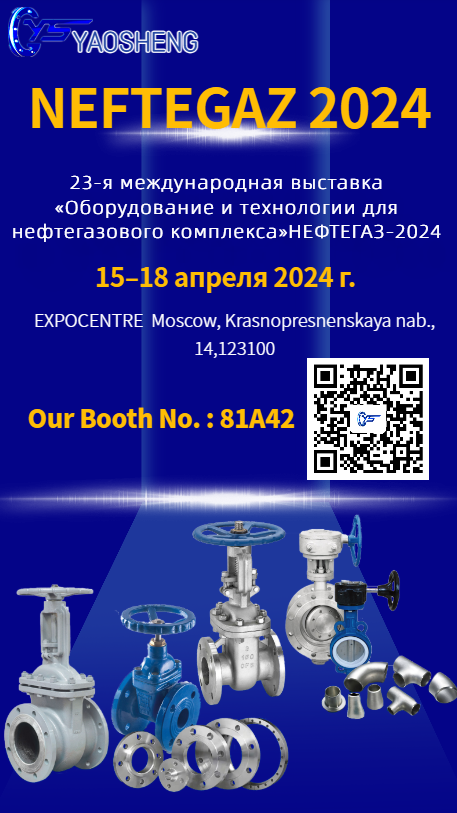Advantages and Applications of Inline Ball Valves in Modern Piping Systems
Understanding Inline Ball Valves An Essential Component in Fluid Control Systems
Inline ball valves are a fundamental component in various fluid control systems, known for their reliability and efficiency in regulating the flow of liquids and gases. These valves are characterized by a spherical disk, or ball, that pivots to either allow or block the flow through the pipe. Their design and functionality make them a preferred choice in many industrial applications, from oil and gas to water treatment and chemical processing.
The Mechanism Behind Inline Ball Valves
The operation of an inline ball valve is relatively straightforward. The ball has a hole through its center, and when the hole is aligned with the pipe, fluid can flow freely. Conversely, when the valve is closed, the ball rotates 90 degrees, blocking the flow path. This simple yet effective mechanism allows for quick opening and closing, making inline ball valves ideal for on/off applications.
The construction of an inline ball valve typically involves a body, a ball, seat seals, and an actuator. The body is commonly made from durable materials such as stainless steel, brass, or PVC, allowing the valve to withstand various pressures and corrosive environments. The ball itself is usually made from materials that resist wear, ensuring a long service life even in demanding conditions.
Advantages of Inline Ball Valves
One of the primary advantages of inline ball valves is their minimal pressure drop across the valve when fully open. Unlike other types of valves that have a tortuous flow path, inline ball valves provide a straight-through flow, which is crucial in many applications where maintaining pressure is vital.
Another significant benefit is their durability. Inline ball valves can last many years with minimal maintenance, making them cost-effective over the long term. They are also highly versatile; available in different sizes, materials, and configurations, inline ball valves can be tailored to fit the specific needs of varied applications, from small plumbing jobs to extensive industrial systems.
inline ball valves

Applications of Inline Ball Valves
Inline ball valves are widely used in numerous industries. In the chemical processing sector, for instance, they manage the flow of chemicals, ensuring safety and efficiency. In the oil and gas industry, these valves control the flow of hydrocarbons, providing essential safety and control in complex systems. In water treatment facilities, inline ball valves are utilized in various stages of the purification process.
The pharmaceutical industry also benefits from inline ball valves due to their ability to provide an airtight seal, preventing contamination. Additionally, the food and beverage industry employs these valves to control the flow of liquids while adhering to stringent hygiene standards.
Choosing the Right Inline Ball Valve
Selecting the appropriate inline ball valve for a specific application involves considering several factors. These include the type of fluid being handled, operating pressure, temperature, and whether the valve will be manually or automatically actuated. For corrosive substances, materials such as PVC or CPVC may be preferable, while high-pressure applications could require stainless steel valves.
Moreover, it's essential to consider the valve's size and the flow rate it can accommodate. Using a valve that is too small can restrict flow, while an oversized valve may lead to inefficiency. Consulting with a knowledgeable supplier or engineer can help ensure you choose the right valve for your needs.
Conclusion
Inline ball valves are integral to many fluid control systems, offering a combination of efficiency, durability, and versatility. Their simple operation and effective design allow for seamless flow control in various applications, making them a staple in numerous industries. As technology advances, the development of new materials and designs continues to enhance the performance and reliability of inline ball valves, further solidifying their position as essential components in fluid management. Whether for industrial, commercial, or residential use, understanding the features and applications of inline ball valves is crucial for anyone involved in fluid system design or maintenance.
-
The Key to Fluid Control: Exploring the Advantages of Ball Valves in Industrial SystemsNewsJul.09,2025
-
The Versatile World of 1, 2, and 3 Piece Ball ValvesNewsJul.09,2025
-
Stainless Steel Ball Valves: The Ideal Choice for Efficient Flow ControlNewsJul.09,2025
-
Optimizing Fluid Control with Ball Float ValvesNewsJul.09,2025
-
Manual Gate Valves: Essential for Control and EfficiencyNewsJul.09,2025
-
Everything You Need to Know About Butterfly ValvesNewsJul.09,2025
-
The Versatility of Wafer Type Butterfly ValvesNewsJul.08,2025




